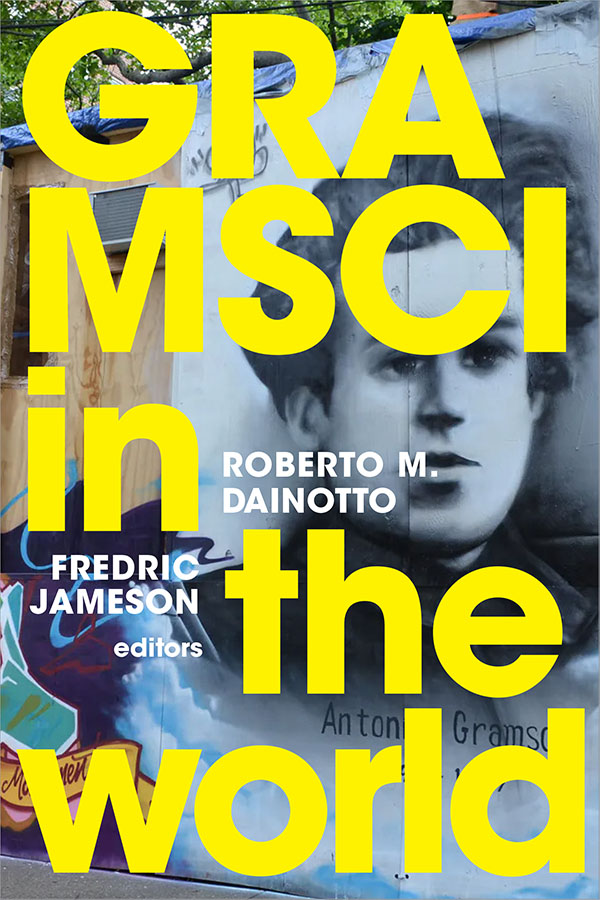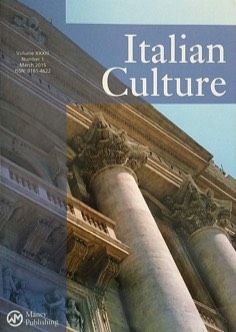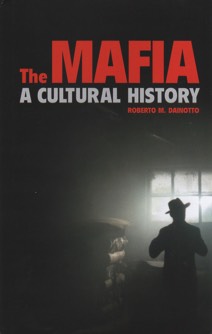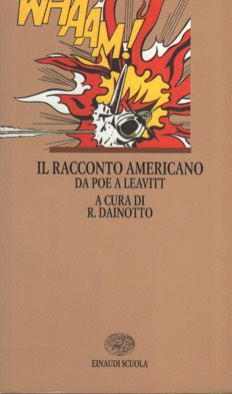
Antonio Gramsci’s Prison Notebooks have offered concepts, categories, and political solutions that have been applied in a variety of social and political contexts, from postwar Italy to the insurgencies of the Arab Spring. The contributors to Gramsci in the World examine the diverse receptions and uses of Gramscian thought, highlighting its possibilities and limits for understanding and changing the world. Among other topics, they explore Gramsci’s importance to Caribbean anticolonial thinkers like Stuart Hall, his presence in decolonial indigenous movements in the Andes, and his relevance to understanding the Chinese Left. The contributors consider why Gramsci has had relatively little impact in the United States while also showing how he was a major force in pushing Marxism beyond Europe—especially into the Arab world and other regions of the Global South. Rather than taking one interpretive position on Gramsci, the contributors demonstrate the ongoing relevance of his ideas to revolutionary theory and praxis. Contributors: Alberto Burgio, Cesare Casarino, Maria Elisa Cevasco, Kate Crehan, Roberto M. Dainotto, Michael Denning, Harry Harootunian, Fredric Jameson, R. A. Judy, Patrizia Manduchi, Andrea Scapolo, Peter D. Thomas, Catherine Walsh, Pu Wang, Cosimo Zene
 Evitando “una generica contrapposizione delle scienze morali alle scienze della natura” (Rossi 1969, 29), i saggi qui compresi partono da un Vico che resisterà anche — contro la tradizione cartesiana — a una scienza meramenteclassificatoria e quantitativa; ma non per rifiutarla, sebbene per ricomprenderla in un universale del sapere umano in cui trova spazio il metodo retorico-storico-genetico: una scienza della storia capace di dare con-scienza sia delle scienze stesse (algebra e geometria incluse) nel loro progresso diacronico, sia dei fatti e delle cose stesse. I saggi ripensano quindi una studiorum ratione che subordini a sé sia l’ordo geometricus che l’ordo topicus, procedimenti metodici non più alternativi ma da integrare perché prodotti da una stessa “struttura” della mente umana, e per questo espressioni comuni di un’autentica “scienza nuova” capace di coinvolge in toto le facoltà conoscitive dell’essere umano.
Evitando “una generica contrapposizione delle scienze morali alle scienze della natura” (Rossi 1969, 29), i saggi qui compresi partono da un Vico che resisterà anche — contro la tradizione cartesiana — a una scienza meramenteclassificatoria e quantitativa; ma non per rifiutarla, sebbene per ricomprenderla in un universale del sapere umano in cui trova spazio il metodo retorico-storico-genetico: una scienza della storia capace di dare con-scienza sia delle scienze stesse (algebra e geometria incluse) nel loro progresso diacronico, sia dei fatti e delle cose stesse. I saggi ripensano quindi una studiorum ratione che subordini a sé sia l’ordo geometricus che l’ordo topicus, procedimenti metodici non più alternativi ma da integrare perché prodotti da una stessa “struttura” della mente umana, e per questo espressioni comuni di un’autentica “scienza nuova” capace di coinvolge in toto le facoltà conoscitive dell’essere umano.
 The Mafia: A Cultural History
The Mafia: A Cultural HistoryWhat is it about Tony Soprano that makes him so amiable? For that matter, how is it that many of us secretly want Scarface to succeed or see Michael Corleone as, ultimately, a hero? What draws us into the otherwise horrifically violent world of the mafia? In The Mafia, Roberto Dainotto explores the irresistible appeal of this particular brand of organized crime, its history, and the mythology we have developed around it.
Dainotto traces the development of the mafia from its rural beginnings in Western Sicily to its growth into a global crime organization alongside a parallel examination of its evolution in music, print, and on the big screen. He probes the tension between the real mafia—its violent, often brutal reality—and how we imagine it to be: a mythical potpourri of codes of honor, family values, and chivalry. But rather than dismiss our collective imagining of the mafia as a complete fiction, Dainetto instead sets out to understand what needs and desires or material and psychic longing our fantasies about the mafia—the best kind of the bad life—are meant to satisfy.
Exploring the rich array of films, books, television programs, music, and even video games portraying and inspired by the mafia, this book offers not only a social, economic, and political history of one of the most iconic underground cultures, but a new way of understanding our enduring fascination with the complex society that lurks behind the sinister Omertà of the family business.
 Europe (in Theory)
Europe (in Theory)Europe (in Theory) is an innovative analysis of eighteenth- and nineteenth-century ideas about Europe that continue to inform thinking about culture, politics, and identity today. Drawing on insights from subaltern and postcolonial studies, Roberto M. Dainotto deconstructs imperialism not from the so-called periphery but from within Europe itself. He proposes a genealogy of Eurocentrism that accounts for the way modern theories of Europe have marginalized the continent’s own southern region, portraying countries including Greece, Italy, Spain, and Portugal as irrational, corrupt, and clan-based in comparison to the rational, civic-minded nations of northern Europe. Dainotto argues that beginning with Montesquieu’s The Spirit of Laws (1748), Europe not only defined itself against an “Oriental” other but also against elements within its own borders: its South. He locates the roots of Eurocentrism in this disavowal; internalizing the other made it possible to understand and explain Europe without reference to anything beyond its boundaries.
Dainotto synthesizes a vast array of literary, philosophical, and historical works by authors from different parts of Europe. He scrutinizes theories that came to dominate thinking about the continent, including Montesquieu’s invention of Europe’s north-south divide, Hegel’s “two Europes,” and Madame de Staël’s idea of opposing European literatures: a modern one from the North, and a pre-modern one from the South. At the same time, Dainotto brings to light counter-narratives written from Europe’s margins, such as the Spanish Jesuit Juan Andrés’s suggestion that the origins of modern European culture were eastern rather than northern and the Italian Orientalist Michele Amari’s assertion that the South was the cradle of a social democracy brought to Europe via Islam.
 Place In Literature
Place In LiteratureSince the 1840s, when Victorian England emerged into the modern era and industrial cities became the new cultural centers, regionalist literature has posited itself as an aesthetic alternative to nationalist culture. Yet what differentiates regionalism’s claims of authenticity, derived from blood and soil, from those of nationalism? Through close readings and theoretical elaborations, Roberto M. Dainotto reveals the degree to which regionalism mimics nationalism in valorizing ethnic purity. He interprets regionalism not as a genre in the pastoral tradition but as a rhetorical trope, a way of reading in which regionalism figures as the “other” against a historical process that disrupts the organic wholeness of place.
Dainotto traces the genealogy of the idea of place in literature, examining European texts from Victorian England to Fascist Italy. He finds, for example, in Thomas Hardy’s The Return of the Native a virtual thesaurus of regionalist commonplaces. Elizabeth Gaskell’s North and South mediates between Madame de Stal’s privileging of the sophisticated north and Jean-Jacques Rousseau’s nostalgia for the naive south. The regionalism of the Sicilian philosopher Giovanni Gentile exhibits a deep longing for the humanities as they define Italy and Western culture. Dainotto concludes with a close look at the rhetoric of Nazism and Fascism, dramatizing the convergence of regionalist aesthetics and nationalist ideology in Italy and Germany between the two World Wars.
 Il racconto americano del Novecento (curatore)
Il racconto americano del Novecento (curatore)